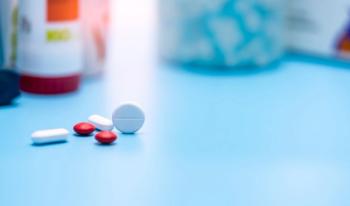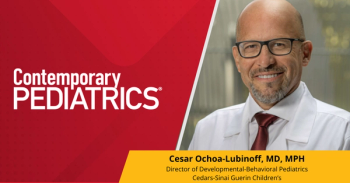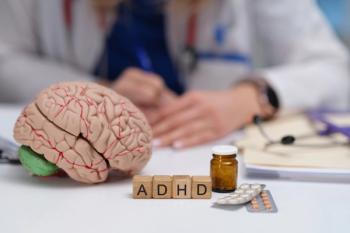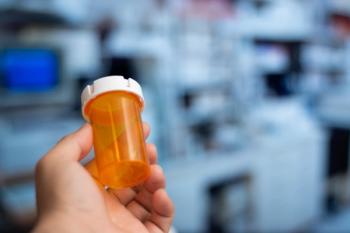
Pharmacological treatments found effective against substance use disorders
Treatments for ADHD proved to be the most effective in reducing the risks of developing substance use disorders.
Substance use and substance use disorders (SUDs) can be lessened by pharmacological treatments often used for psychiatric disorders, according to a study published by the Journal of Child and Adolescent Psychopharmacology.
In this study, researchers directed a Preferred ReportingItems for SystematicReviews and Meta-Analyses(PRISMA) systematic review of peer-reviewed literature. They analyzed the peer-reviewed literature to observe the effects of psychiatric disorders on SUDs and how pharmacological treatments may alleviate these effects.
Terms entered in the PubMed database included: mood disorder, bipolar disorder, depressive disorder, anxiety disorder, psychotic disorder, drug therapy, substance use child, childhood, adolescent, alongside others. Studies published between 1976 and 2021 with adolescents and young adults included were also examined.
After excluding duplicates and irrelevant articles, alongside others which failed to meet the criteria set out, 26 full articles were reviewed. These articles all examined pharmacological treatments for 1 or more psychiatric disorder. The treatments predominantly analyzed include amphetamine, methylphenidate, pemoline, and dextroamphetamine. Various other treatments were examined in 1 to 3 of the articles.
In the studies, treatment for attention-deficit/hyperactivity disorder (ADHD) was observed to reduce the appearance of SUDs. This information was given special attention, as SUDs are 2 to 3 times more likely to appear in individuals with ADHD. With treatment, these individuals were 50% less likely to develop SUDs.
Through subsequent years of treatment, individuals with ADHD were found to be 13% less likely to develop SUDs than the year prior. When treatment was administered earlier, the chances of developing SUDs were significantly lowered. Similarly, a longer period of treatment reduced the risk of SUDs even further. Treatment administered later or for a lesser period of timewere found to have no effects on SUDs. In cases where SUDs were more likely, ADHD was found to be more severe with the use of stimulants.
On treatment for depressive disorders, research was limited. However, the research available found that treatment could bring down the rate of subsequent drug use disorders. Alcohol use was not affected by the treatment.
Treatment for bipolar and psychotic disorders varied. Two studies observed reduced symptoms of SUDs after utilization of second-generation antipsychotics, and another one found that lithium treatment for bipolar disorder reduced the risk of developing SUDs. However, one study observed increased SUD development after the use of antidepressants and psychotropic medication other than lithium.
While the data on treatment for psychiatric disorders in childhood was inconsistent, the treatment for ADHD was shown to reduce the risk of developing SUDs. Investigators found a need for early identification and treatment of psychiatric disorders in childhood. In a similar way, they stated that early-onset and long-term treatment for ADHD would lead to better results.
Reference
Timothy E. Wilens, Diana W. Woodward, Je Deuk Ko, Amy F. Berger, Colin Burke, and Amy M. Yule. The Impact of pharmacotherapy of childhood-onset psychiatric disorders on the development of substance use disorders. Journal of Child and Adolescent Psychopharmacology. 2022 (5);200-214. doi:10.1089/cap.2022.0016
Newsletter
Access practical, evidence-based guidance to support better care for our youngest patients. Join our email list for the latest clinical updates.






